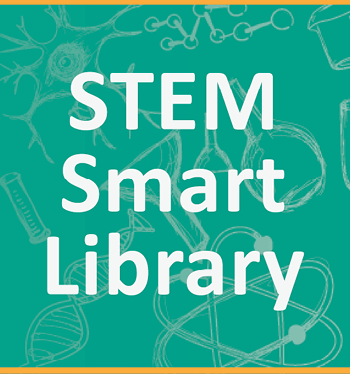Disruptive Moments as Opportunities Towards Justice‐Oriented Pedagogical Practice in Informal Science Learning
Angela Calabrese Barton, Day Greenberg, Won J. Kim, Sinead Brien, ReAnna Roby (2018 CADRE Postdoc), Micaela Balzer, Carmen Turner, and Louise Archer published this Science Education article.

